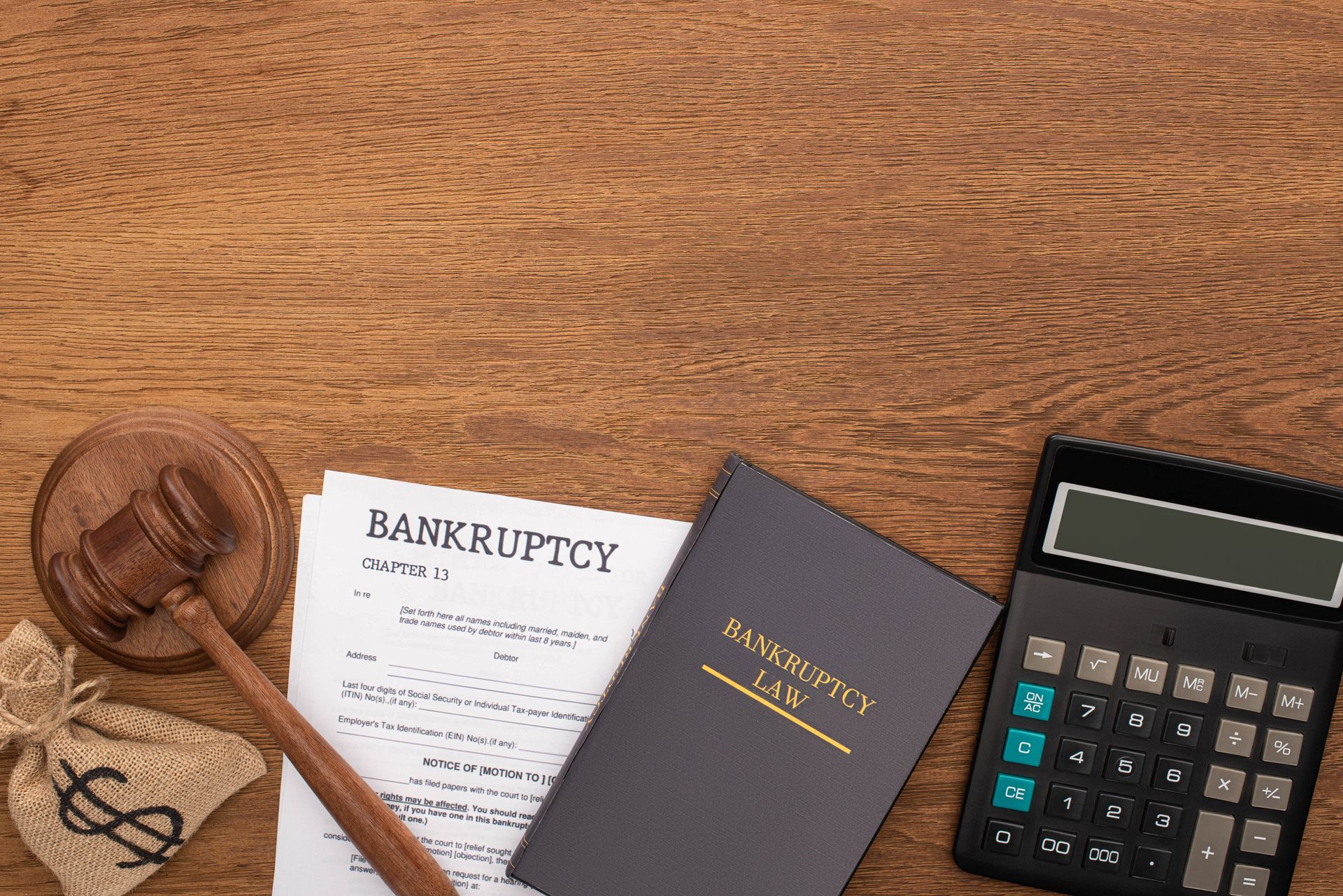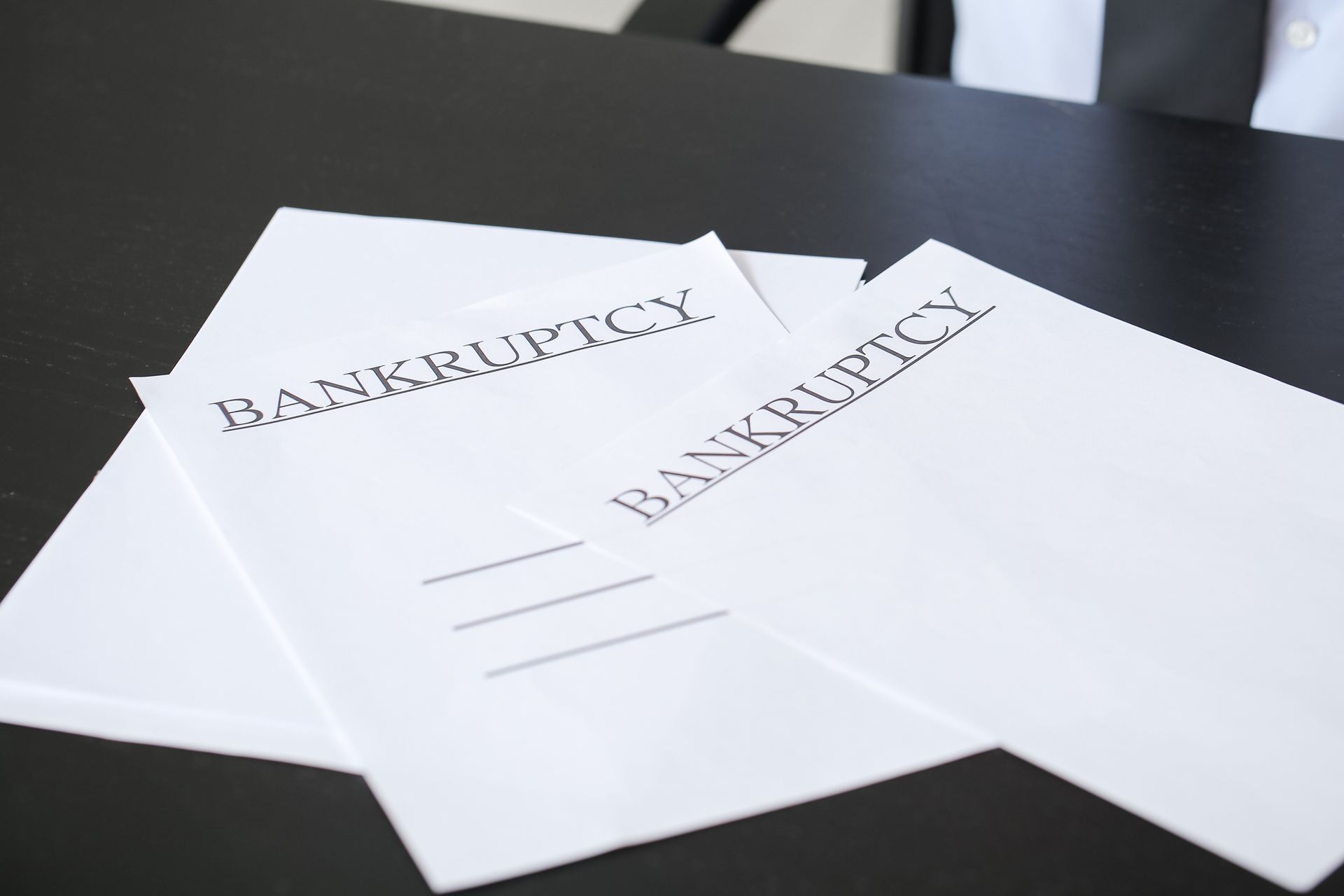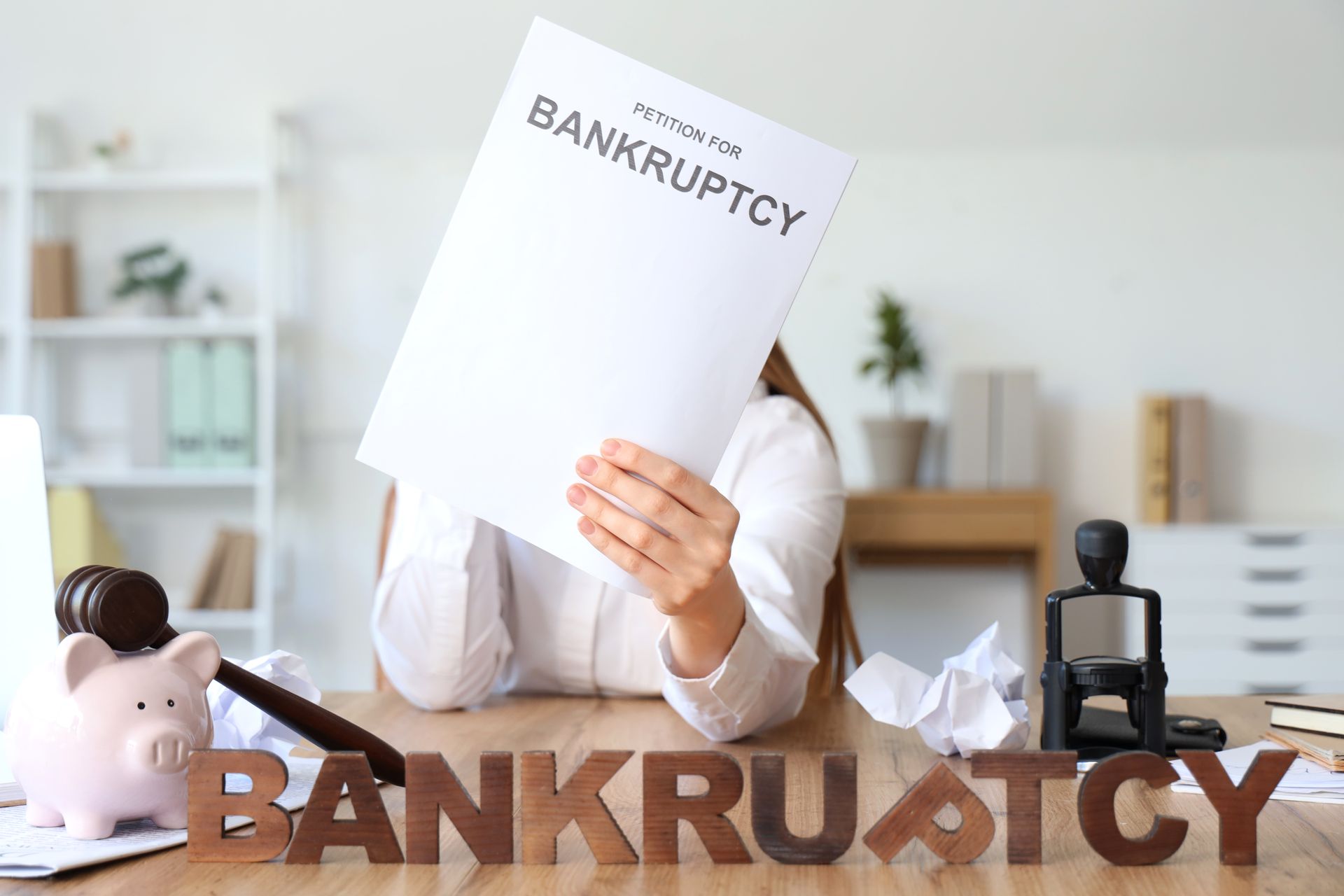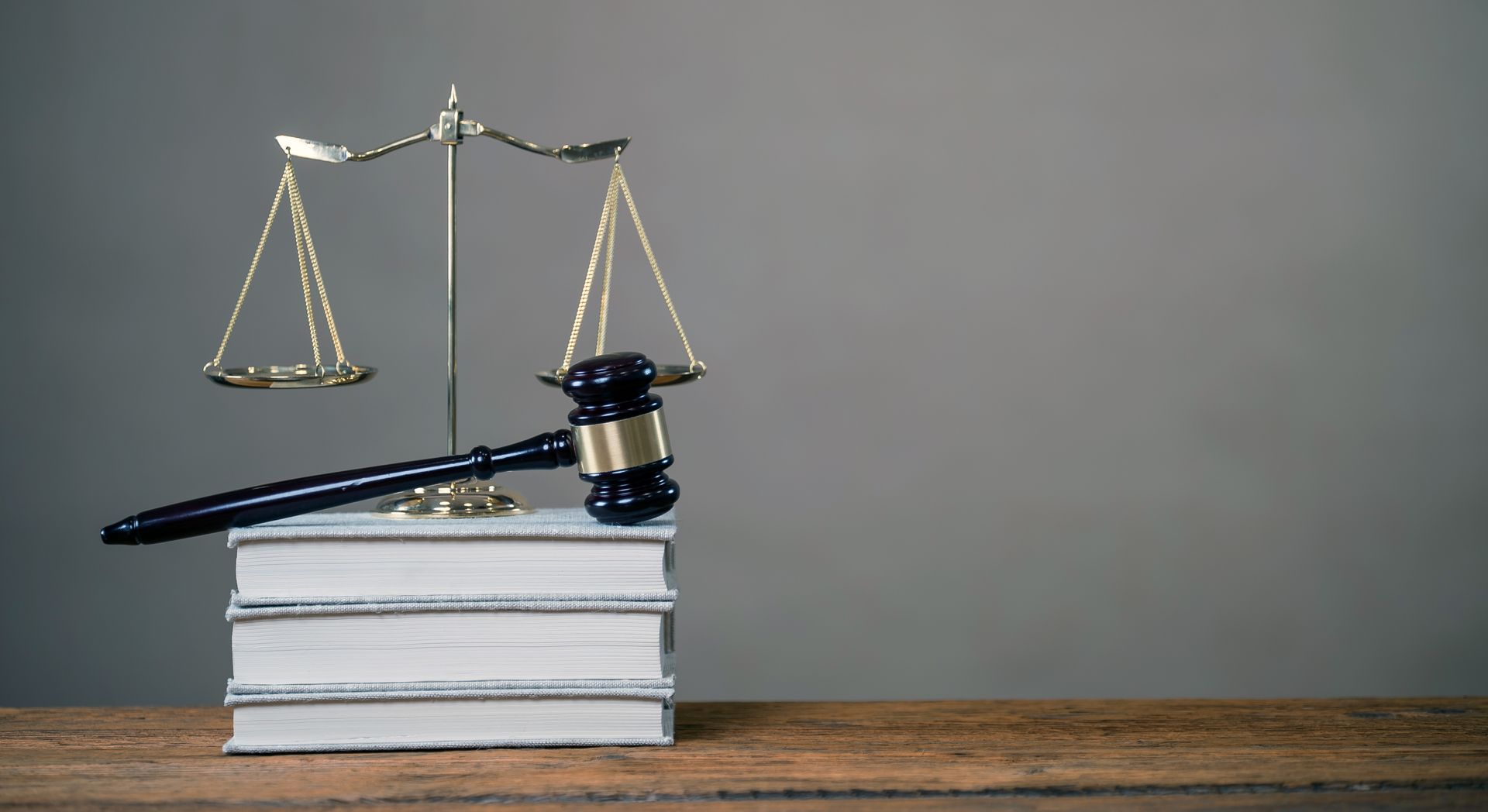The Pros and Cons of Filing Chapter 7 in Oklahoma
The Pros and Cons of Filing Chapter 7 in Oklahoma
If you’re struggling with unmanageable debt, filing for Chapter 7 bankruptcy in Oklahoma may offer a way to reset your financial life. However, like any legal process, it has advantages and drawbacks. This guide outlines the pros and cons of Chapter 7 bankruptcy, helping you make an informed decision about whether it’s the right path for you.
What Is Chapter 7 Bankruptcy?
Chapter 7 bankruptcy, often referred to as "liquidation bankruptcy," is designed to discharge unsecured debts like credit card balances, personal loans, and medical bills. In exchange, a trustee may sell certain non-exempt assets to repay creditors. However, Oklahoma law offers exemptions that protect many types of property, including homes, vehicles, and retirement accounts.
Pros of Filing Chapter 7 in Oklahoma
1. Quick Debt Relief
Chapter 7 typically takes just three to six months from filing to discharge, offering a fast resolution for unmanageable debt.
2. Stops Collection Actions
Once you file, an automatic stay is immediately put in place. This halts collection calls, lawsuits, wage garnishments, and foreclosures.
3. Most Unsecured Debts Are Wiped Out
Debts like credit cards, medical bills, and personal loans are generally discharged, giving you a clean slate.
4. Generous Oklahoma Exemptions
Oklahoma law allows you to keep key assets, such as your primary residence, a vehicle, retirement accounts, and essential household items.
5. No Repayment Plan
Unlike Chapter 13, Chapter 7 doesn’t require a multi-year repayment plan, which can be a major advantage for those with limited income.
6. Fresh Start
By wiping out debts, Chapter 7 offers a fresh financial beginning, allowing you to rebuild your credit over time.
Cons of Filing Chapter 7 in Oklahoma
1. Potential Loss of Non-Exempt Property
While Oklahoma’s exemptions are generous, you may still be required to surrender certain non-exempt assets to the trustee for liquidation.
2. Limited to Certain Types of Debts
Chapter 7 doesn’t discharge all debts. Obligations like student loans, recent tax debts, child support, and alimony generally remain.
3. Impact on Credit Score
A Chapter 7 filing stays on your credit report for up to 10 years, which can affect your ability to obtain new credit in the short term.
4. Income Eligibility Requirements
You must pass a means test to qualify for Chapter 7. If your income is above the Oklahoma median for your household size, you may need to consider Chapter 13 instead.
5. Can’t Catch Up on Secured Debts
If you’re behind on your mortgage or car loan and wish to keep the property, Chapter 7 may not be the best option, as it doesn’t offer a repayment plan for catching up on arrears.
Is Chapter 7 Right for You?
Filing for Chapter 7 in Oklahoma can offer a path out of overwhelming debt, but it’s essential to weigh the potential benefits and drawbacks. This type of bankruptcy works well for individuals with limited income, unmanageable unsecured debts, and few valuable non-exempt assets. However, if you’re trying to protect secured property or need to catch up on mortgage or car payments, Chapter 13 may be a better fit.
Conclusion
The decision to file Chapter 7 bankruptcy in Oklahoma is a significant one. It can provide a swift path to financial relief, but it’s not without its trade-offs. Carefully consider the pros and cons before making a decision, and consult with a trusted Oklahoma bankruptcy attorney who can guide you through the process.
